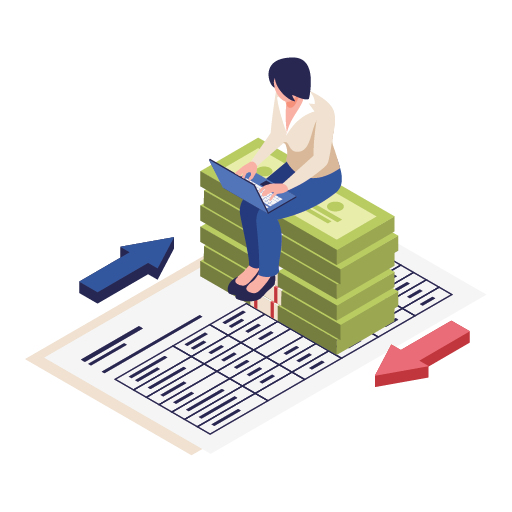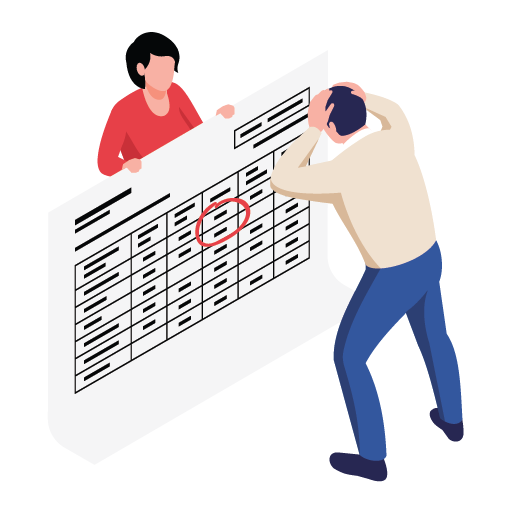Our Social Media
Our Social Media
We'll remind you when the submission deadline is coming up, and ask for your bookkeeping records.
We will prepare your tax return, and double check everything to ensure it's accurate.
Once we receive your approval, we'll submit everything to HMRC. Job done!



This is the system used to tell HMRC about any income that you might need to pay tax on. For instance, if you’re a sole trader, receive income from property, a partner in a partnership (and for the partnership itself), or the director of a limited company who also receives dividends as a shareholder.
Submitting your tax return doesn’t always mean you’ll have a bill to pay, and can sometimes result in a tax rebate.
This process is expected to change for some taxpayers in April 2026, with the introduction of MTD Income Tax Self Assessment.
The deadline for submitting your tax return is normally 31st January following the end of the tax year it relates to. If you need to submit a paper return, the submission deadline is 31st October following the end of the tax year it relates to.
Our guide explains things in more detail!
You might need to make a submission if you earn income which isn’t taxed before it reaches you. For instance, if you’re a sole trader, a partner in a partnership, a company director taking dividends, or even if you earn money from a side-hustle or property.
Our friendly team of accountants are all based in our offices in Manchester & we operate digitally, we can work with you wherever you are.
As well as taking care of your Self Assessment tax return for you, we’ll make sure you and your business are as tax efficient as possible! You can also talk to your accountant as often as you need to, all through the year.
If you work in construction as a sub-contractor, your contractor makes CIS deductions from the payments they make to you, but you will still need to submit your own tax return as a self-employed person.
The good news is that some sub-contractors pay too much tax during the year, and then get this back once they submit!
If your tax bill is more than £1,000, you’ll need to make Payments on Account. HMRC will assume that your tax bill will be the same next year, and ask you to make an advance payment towards it at the same time as paying this year’s bill. The advance payment is half of this year’s bill. Read our guide to Payments on Account to learn more.
At Taxedify, we simplify the complex world of accounting, tax, and business finance. Whether you’re an individual, a startup, or an established business, our expert advisors are here to provide clear, reliable, and tailored solutions to help you thrive.